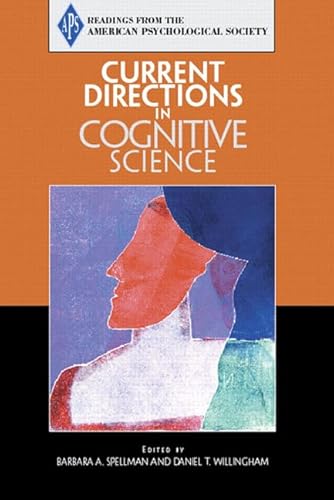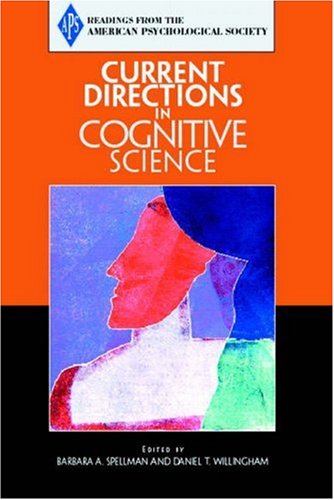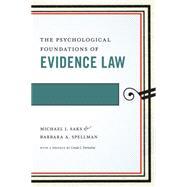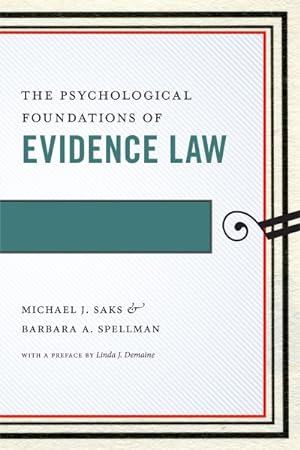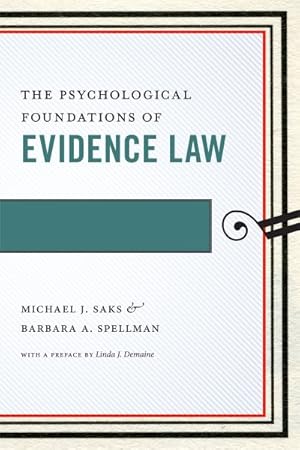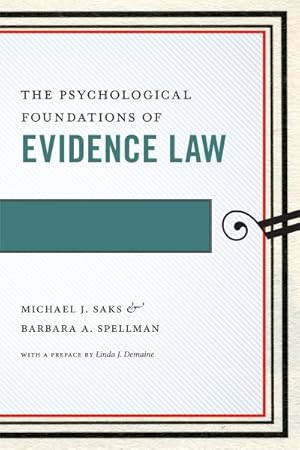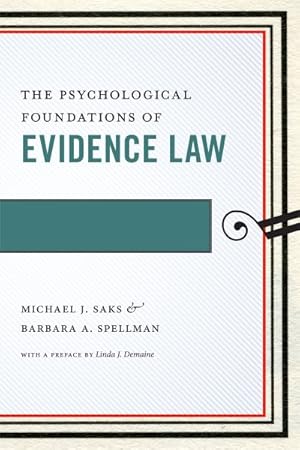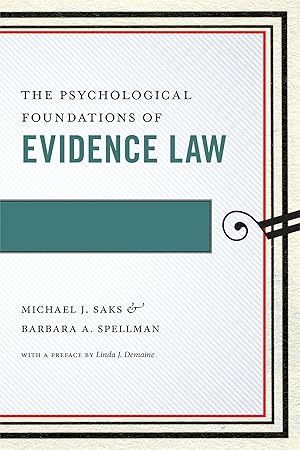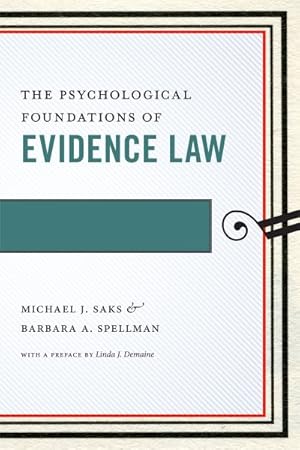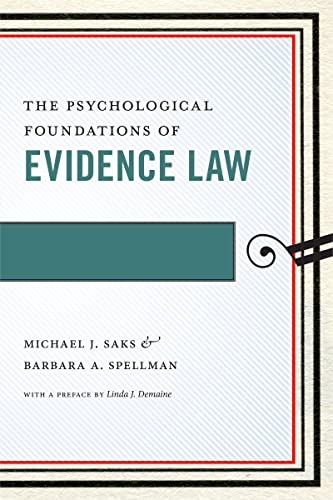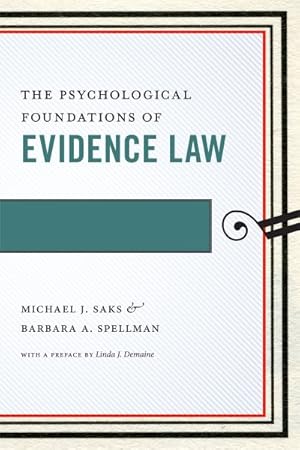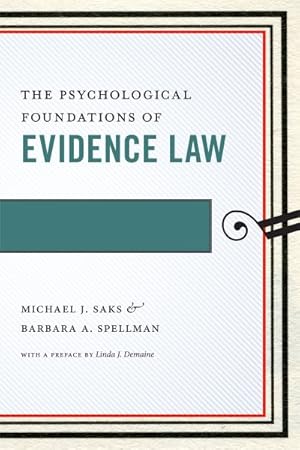spellman barbara (27 risultati)
Filtri di ricerca
Tipo di articolo
- Tutti i tipi di prodotto
- Libri (27)
- Riviste e Giornali (Nessun altro risultato corrispondente a questo perfezionamento)
- Fumetti (Nessun altro risultato corrispondente a questo perfezionamento)
- Spartiti (Nessun altro risultato corrispondente a questo perfezionamento)
- Arte, Stampe e Poster (Nessun altro risultato corrispondente a questo perfezionamento)
- Fotografie (Nessun altro risultato corrispondente a questo perfezionamento)
- Mappe (Nessun altro risultato corrispondente a questo perfezionamento)
- Manoscritti e Collezionismo cartaceo (Nessun altro risultato corrispondente a questo perfezionamento)
Condizioni Maggiori informazioni
- Nuovo (17)
- Come nuovo, Ottimo o Quasi ottimo (4)
- Molto buono o Buono (5)
- Discreto o Mediocre (1)
- Come descritto (Nessun altro risultato corrispondente a questo perfezionamento)
Legatura
Ulteriori caratteristiche
- Prima ed. (1)
- Copia autograf. (Nessun altro risultato corrispondente a questo perfezionamento)
- Sovracoperta (Nessun altro risultato corrispondente a questo perfezionamento)
- Con foto (14)
- Non Print on Demand (27)
Lingua (2)
Spedizione gratuita
Paese del venditore
Valutazione venditore
-
Paperback. Condizione: Fair. No Jacket. Readable copy. Pages may have considerable notes/highlighting. ~ ThriftBooks: Read More, Spend Less 0.62.
-
The Psychological Foundations of Evidence Law (Psychology and the Law, 1)
Da: Goodmediandmore, Asheville, NC, U.S.A.
Light wear to edges. Overall good condition. Ships next business day from NC.
-
Paperback. Condizione: New. Need it urgently? Upgrade to Expedited. In stock and we ship daily on weekdays & Saturdays.
-
Current Directions in Cognitive Science
Da: Robinson Street Books, IOBA, Binghamton, NY, U.S.A.
Membro dell'associazione: IOBA
Paperback. Condizione: Very Good. Prompt Shipment, shipped in Boxes, Tracking PROVIDEDvery good clean copy minor creasing.
-
Current Directions in Cognitive Science
Editore: Prentice Hall/Pearson, Upper Saddle River, NJ, 2005
ISBN 10: 0131919911 ISBN 13: 9780131919914
Lingua: Inglese
Da: PsychoBabel & Skoob Books, Didcot, Regno Unito
EUR 11,10
EUR 10,77 per la spedizione da Regno Unito a U.S.A.Quantità: 1 disponibili
Aggiungi al carrelloPaperback. Condizione: Very Good. Paperback, very good condition. Minor wear to the covers with light surface marks and minor creasing at the edges. Internally excellent throughout. DP. Used.
-
Paperback. Condizione: Very Good. No Jacket. May have limited writing in cover pages. Pages are unmarked. ~ ThriftBooks: Read More, Spend Less 0.6.
-
Condizione: New.
-
Paperback. Condizione: New. Need it urgently? Upgrade to Expedited. In stock and we ship daily on weekdays & Saturdays.
-
Condizione: As New. Unread book in perfect condition.
-
Condizione: New.
-
The Psychological Foundations of Evidence Law (Psychology and the Law, 1)
Da: Lucky's Textbooks, Dallas, TX, U.S.A.
Condizione: New.
-
EUR 44,36
EUR 17,01 per la spedizione da Regno Unito a U.S.A.Quantità: Più di 20 disponibili
Aggiungi al carrelloCondizione: New.
-
EUR 47,87
EUR 17,01 per la spedizione da Regno Unito a U.S.A.Quantità: Più di 20 disponibili
Aggiungi al carrelloCondizione: As New. Unread book in perfect condition.
-
The Psychological Foundations of Evidence Law (Psychology and the Law, 1)
Da: Ria Christie Collections, Uxbridge, Regno Unito
EUR 52,15
EUR 13,59 per la spedizione da Regno Unito a U.S.A.Quantità: Più di 20 disponibili
Aggiungi al carrelloCondizione: New. In.
-
EUR 74,12
EUR 11,34 per la spedizione da Regno Unito a U.S.A.Quantità: 2 disponibili
Aggiungi al carrelloPaperback. Condizione: Brand New. 325 pages. 8.75x5.75x0.75 inches. In Stock.
-
EUR 46,26
EUR 48,99 per la spedizione da Germania a U.S.A.Quantità: Più di 20 disponibili
Aggiungi al carrelloKartoniert / Broschiert. Condizione: New. Über den AutorMichael J. Saks is Regents Professor at the Arizona State University where he is on the faculties of the Sandra Day O Connor College of Law and the Department of Psychology. He is the past co-editor of Modern Sc.
-
Kulchur 9 (Volume 3, Number 9; Spring 1963)
Editore: New York: Kulchur Press Inc., 1963
Da: Philip Smith, Bookseller, Berkeley, CA, U.S.A.
Prima edizione
Soft cover. Condizione: Very Good. 1st edition. Near VG. 8vo, 104pp, printed wrappers. The ninth issue of this seminal sixties journal of avant-garde culture, a special number devoted to plays and the theatre. Unmarked copy with 1/2" surface chip loss to base of spine, small corner stain, and a bit of general wear. Not Signed.
-
Condizione: New.
-
The Psychological Foundations of Evidence Law (Psychology and the Law, 1)
Da: Lucky's Textbooks, Dallas, TX, U.S.A.
EUR 114,06
EUR 3,44 per la spedizione in U.S.A.Quantità: Più di 20 disponibili
Aggiungi al carrelloCondizione: New.
-
Condizione: As New. Unread book in perfect condition.
-
The Psychological Foundations of Evidence Law
Editore: New York University Press, US, 2016
ISBN 10: 1479880043 ISBN 13: 9781479880041
Lingua: Inglese
Da: Rarewaves USA, OSWEGO, IL, U.S.A.
Hardback. Condizione: New. Identifies and evaluates the psychological choices implicit in the rules of evidence Evidence law is meant to facilitate trials that are fair, accurate, and efficient, and that encourage and protect important societal values and relationships. In pursuit of these often-conflicting goals, common law judges and modern drafting committees have had to perform as amateur applied psychologists. Their task has required them to employ what they think they know about the ability and motivations of witnesses to perceive, store, and retrieve information; about the effects of the litigation process on testimony and other evidence; and about our capacity to comprehend and evaluate evidence. These are the same phenomena that cognitive and social psychologists systematically study. The rules of evidence have evolved to restrain lawyers from using the most robust weapons of influence, and to direct judges to exclude certain categories of information, limit it, or instruct juries on how to think about it. Evidence law regulates the form of questions lawyers may ask, filters expert testimony, requires witnesses to take oaths, and aims to give lawyers and factfinders the tools they need to assess witnesses' reliability. But without a thorough grounding in psychology, is the "common sense" of the rulemakers as they create these rules always, or even usually, correct? And when it is not, how can the rules be fixed? Addressed to those in both law and psychology, The Psychological Foundations of Evidence Law draws on the best current psychological research-based knowledge to identify and evaluate the choices implicit in the rules of evidence, and to suggest alternatives that psychology reveals as better for accomplishing the law's goals.
-
EUR 113,54
EUR 17,01 per la spedizione da Regno Unito a U.S.A.Quantità: 1 disponibili
Aggiungi al carrelloCondizione: New.
-
The Psychological Foundations of Evidence Law (Psychology and the Law, 1)
Da: Ria Christie Collections, Uxbridge, Regno Unito
EUR 121,81
EUR 13,59 per la spedizione da Regno Unito a U.S.A.Quantità: Più di 20 disponibili
Aggiungi al carrelloCondizione: New. In.
-
EUR 122,04
EUR 17,01 per la spedizione da Regno Unito a U.S.A.Quantità: 1 disponibili
Aggiungi al carrelloCondizione: As New. Unread book in perfect condition.
-
EUR 91,71
EUR 48,99 per la spedizione da Germania a U.S.A.Quantità: 1 disponibili
Aggiungi al carrelloCondizione: New.
-
The Psychological Foundations of Evidence Law
Editore: New York University Press, US, 2016
ISBN 10: 1479880043 ISBN 13: 9781479880041
Lingua: Inglese
Da: Rarewaves USA United, OSWEGO, IL, U.S.A.
EUR 131,24
EUR 43,12 per la spedizione in U.S.A.Quantità: Più di 20 disponibili
Aggiungi al carrelloHardback. Condizione: New. Identifies and evaluates the psychological choices implicit in the rules of evidence Evidence law is meant to facilitate trials that are fair, accurate, and efficient, and that encourage and protect important societal values and relationships. In pursuit of these often-conflicting goals, common law judges and modern drafting committees have had to perform as amateur applied psychologists. Their task has required them to employ what they think they know about the ability and motivations of witnesses to perceive, store, and retrieve information; about the effects of the litigation process on testimony and other evidence; and about our capacity to comprehend and evaluate evidence. These are the same phenomena that cognitive and social psychologists systematically study. The rules of evidence have evolved to restrain lawyers from using the most robust weapons of influence, and to direct judges to exclude certain categories of information, limit it, or instruct juries on how to think about it. Evidence law regulates the form of questions lawyers may ask, filters expert testimony, requires witnesses to take oaths, and aims to give lawyers and factfinders the tools they need to assess witnesses' reliability. But without a thorough grounding in psychology, is the "common sense" of the rulemakers as they create these rules always, or even usually, correct? And when it is not, how can the rules be fixed? Addressed to those in both law and psychology, The Psychological Foundations of Evidence Law draws on the best current psychological research-based knowledge to identify and evaluate the choices implicit in the rules of evidence, and to suggest alternatives that psychology reveals as better for accomplishing the law's goals.
-
EUR 170,10
EUR 14,18 per la spedizione da Regno Unito a U.S.A.Quantità: 2 disponibili
Aggiungi al carrelloHardcover. Condizione: Brand New. 320 pages. 9.25x6.25x1.25 inches. In Stock.


